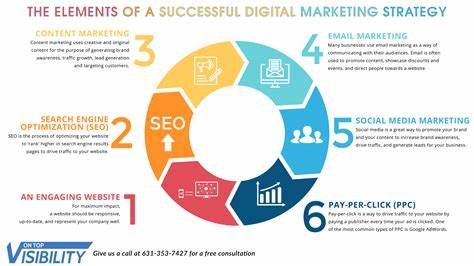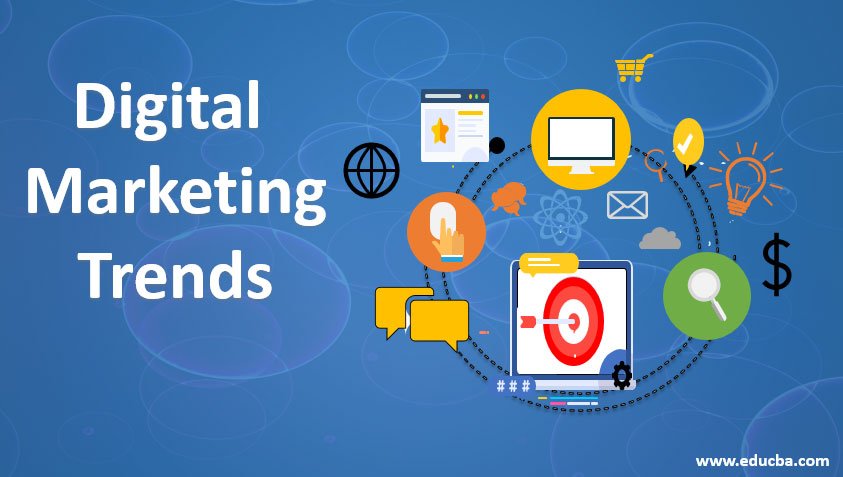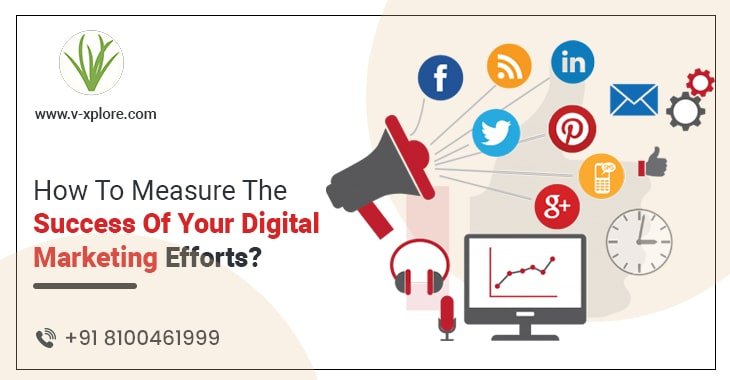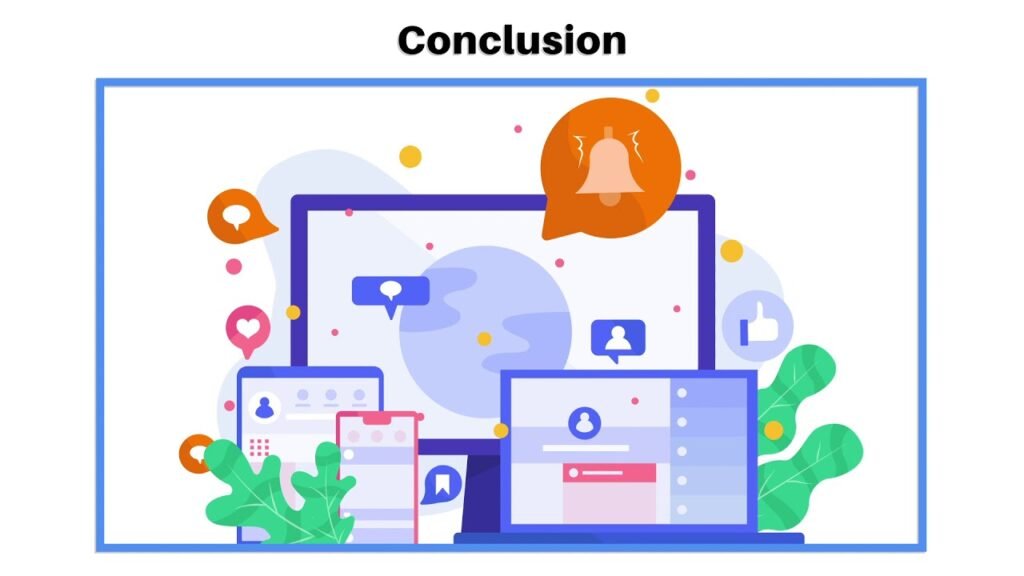Digital Marketing
Introduction
In today’s digital age, mastering digital marketing is essential for businesses of all sizes. With over 4.9 billion internet users worldwide, the online marketplace has become one of the most powerful platforms for reaching customers and growing a brand. But what exactly is digital marketing, and how can you use it to skyrocket your business success?
In this comprehensive guide, we’ll break down the key components of digital marketing, why it matters, and how to create a successful strategy. Whether you’re a small business owner or a marketing professional, this guide will equip you with the knowledge and tools you need to thrive in the competitive online world.

Key Components of a Successful Digital Marketing Strategy
Search Engine Optimization (SEO)
SEO is the foundation of any effective digital marketing strategy. By optimizing your website for relevant keywords, such as “digital marketing,” you can improve your rankings on Google and attract more organic traffic.
Tips:
- Use long-tail keywords like “best digital marketing strategies in 2024.”
- Optimize meta tags, headers, and alt text for images.
- Focus on creating high-quality, original content that answers user intent.
Pay-Per-Click (PPC) Advertising
PPC advertising allows businesses to display ads on search engines or social media platforms, with charges only incurred when someone clicks on the ad. Google Ads is one of the most widely-used PPC platforms.
Best Practices:
- Set a clear budget and bidding strategy to manage costs effectively.
- Use retargeting ads to bring back visitors who didn’t convert during their first visit.
- Continuously test different ad formats to find what performs best.
Content Marketing
Content remains king in the world of digital marketing. A well-executed content marketing strategy can establish your brand as an industry leader while building trust with your audience.
Consider:
- Blogging, as you’re doing here!
- Creating videos, infographics, or podcasts to diversify your content offerings.
- Developing case studies and testimonials to highlight your success stories.
Social Media Marketing
Social media platforms like Instagram, Facebook, and LinkedIn offer powerful ways to engage your audience, amplify your message, and build brand awareness.
Pro Tips:
- Focus on building an engaged community rather than just collecting followers.
- Leverage paid social media ads to target specific audience segments with tailored messaging.
- Keep an eye on emerging trends and adjust your social strategy to remain relevant.
Email Marketing
Despite the rise of social media, email marketing is still one of the most effective digital marketing channels for nurturing leads and building customer loyalty.
Tips:
Personalize emails with the recipient’s name and preferences for a tailored experience. Automate follow-up sequences to nurture leads consistently over time. Segment your email list to send more targeted campaigns that resonate with specific audience groups.

Emerging Trends in Digital Marketing for 2024
Emerging trends in digital marketing are shaping the future of how businesses connect with consumers, making it crucial for marketers to stay ahead. One of the most significant trends is the rise of Artificial Intelligence (AI), which is revolutionizing everything from personalized recommendations to predictive analytics. Voice search optimization is also becoming increasingly important as more people use devices like Alexa and Google Home to find information online. Video marketing continues to dominate, with platforms like YouTube, TikTok, and Instagram Reels driving higher engagement than traditional text-based content. Interactive content such as polls, quizzes, and shoppable posts is creating more dynamic user experiences. Omnichannel marketing, which provides a seamless customer experience across various platforms and devices, is also on the rise. Another major trend is data privacy and consumer trust, with regulations like GDPR and CCPA pushing brands to be more transparent about how they collect and use customer data. Finally, sustainability marketing is gaining traction as consumers increasingly value eco-friendly and socially responsible brands. Staying agile and adopting these trends can give businesses a competitive edge in the digital landscape.

How to Measure the Success of Your Digital Marketing Efforts
Measuring the success of your digital marketing efforts involves tracking a variety of metrics to assess performance and ROI. Start by defining clear objectives for your campaigns, such as increasing brand awareness, generating leads, or boosting sales. Use tools like Google Analytics to monitor key performance indicators (KPIs) such as website traffic, bounce rates, and conversion rates. Social media metrics, including engagement rates, follower growth, and shares, can provide insight into audience interaction. Evaluate the effectiveness of email campaigns by analyzing open rates, click-through rates, and conversion rates. Track return on investment (ROI) to determine the profitability of your marketing spend. Regularly review and compare results against benchmarks and past performance to identify trends and areas for improvement. Utilize A/B testing to optimize your strategies and make data-driven decisions. By consistently monitoring these metrics, you can adapt your approach to enhance the effectiveness of your digital marketing efforts and achieve your business goals.

Conclusion
In conclusion, digital marketing continues to be an essential tool for businesses to thrive in today’s fast-paced, online-driven world. By leveraging core strategies like SEO, PPC, content marketing, social media, and email marketing, brands can effectively reach and engage their target audiences while driving growth and revenue. Staying informed about emerging trends such as AI, voice search, and video marketing ensures that businesses remain competitive and adaptable in an ever-changing landscape. Personalization and data-driven decisions are increasingly critical in delivering meaningful customer experiences that build trust and loyalty. Additionally, as consumers become more aware of data privacy and sustainability, brands that prioritize transparency and ethical practices will stand out. A successful digital marketing strategy requires continuous learning, adaptation, and innovation, but with the right approach, businesses can navigate the complexities of the digital world and achieve lasting success. Ultimately, integrating these strategies and trends will help businesses grow their online presence, build stronger relationships with customers, and stay ahead of the competition.



